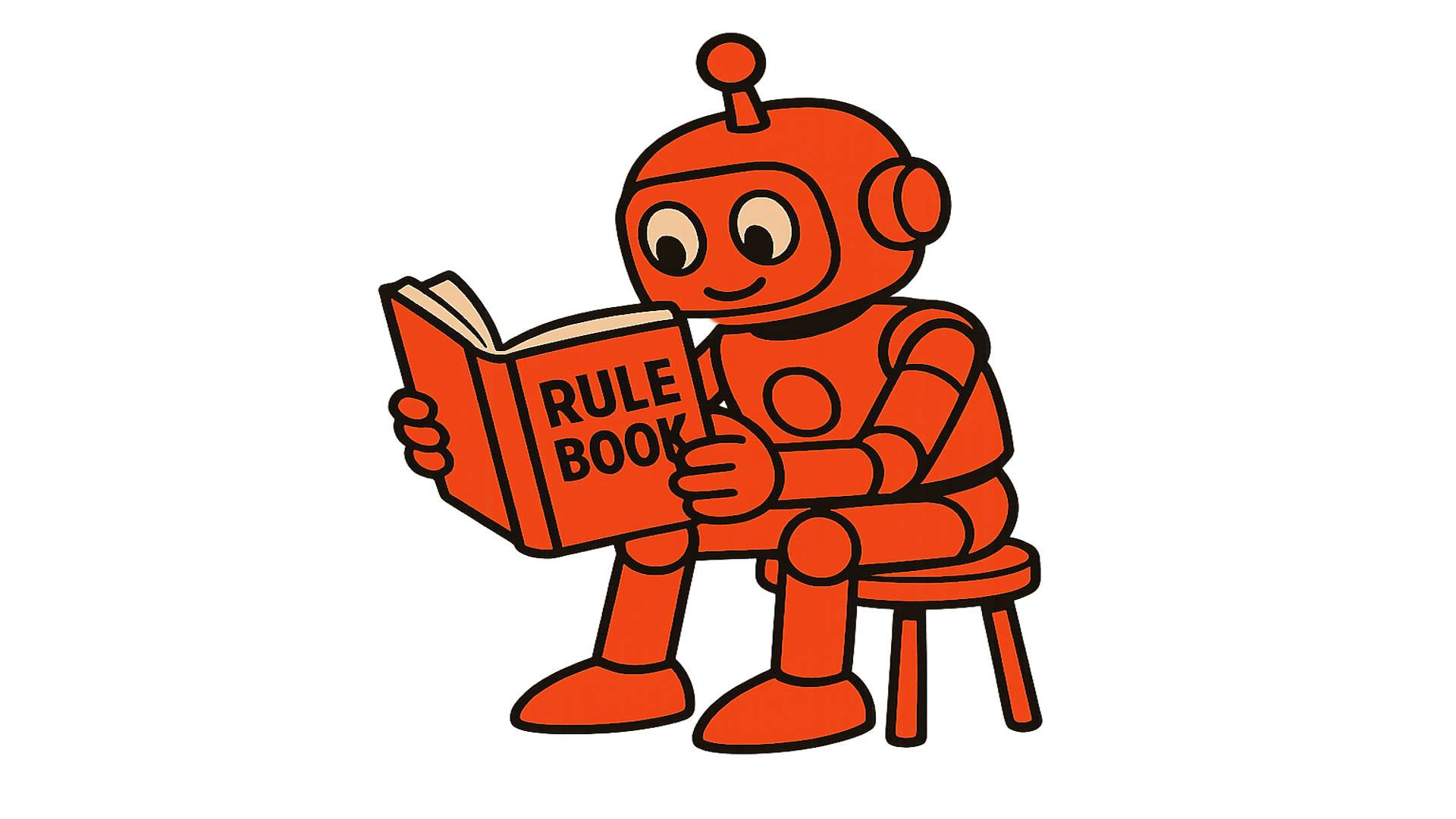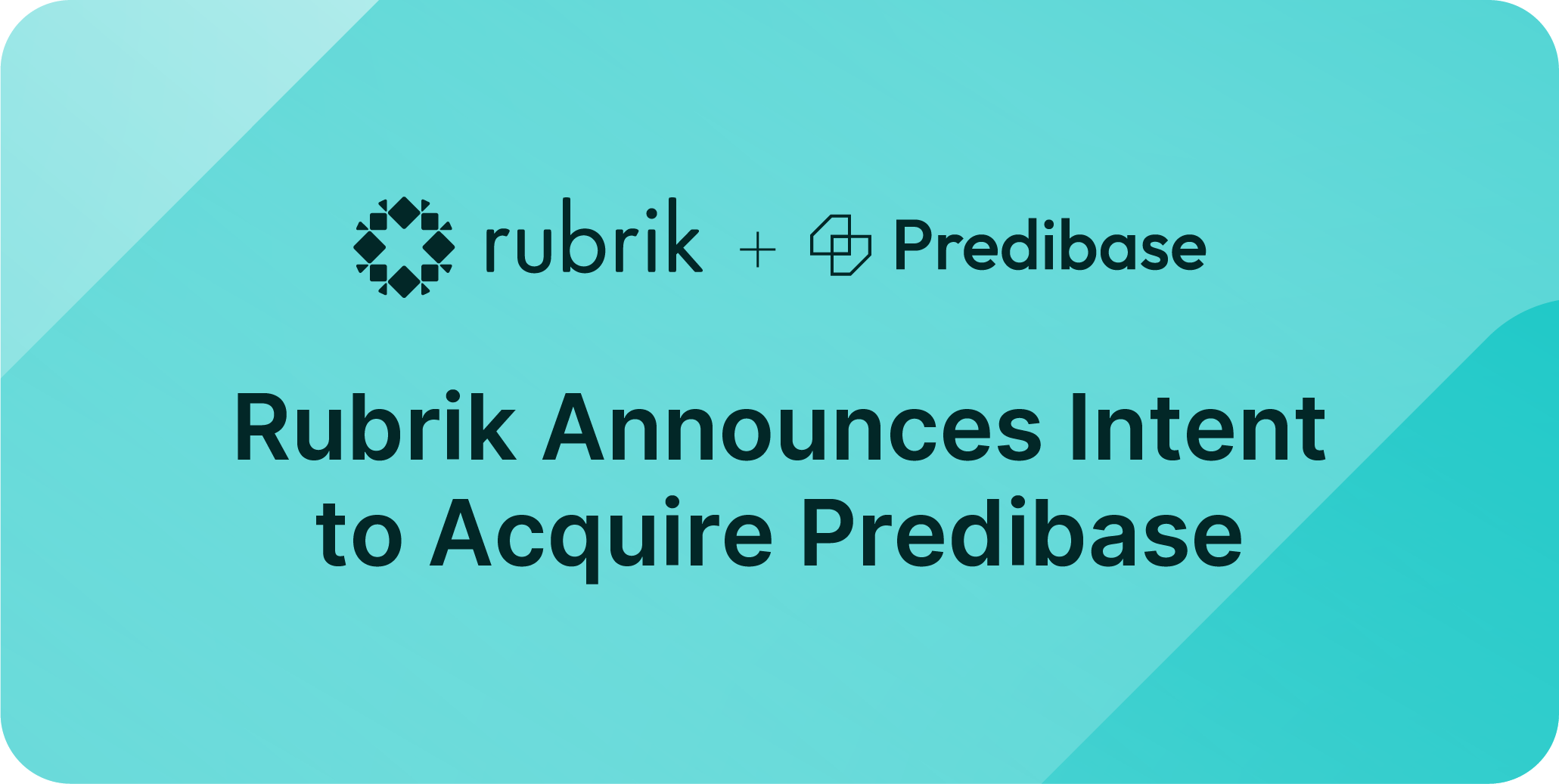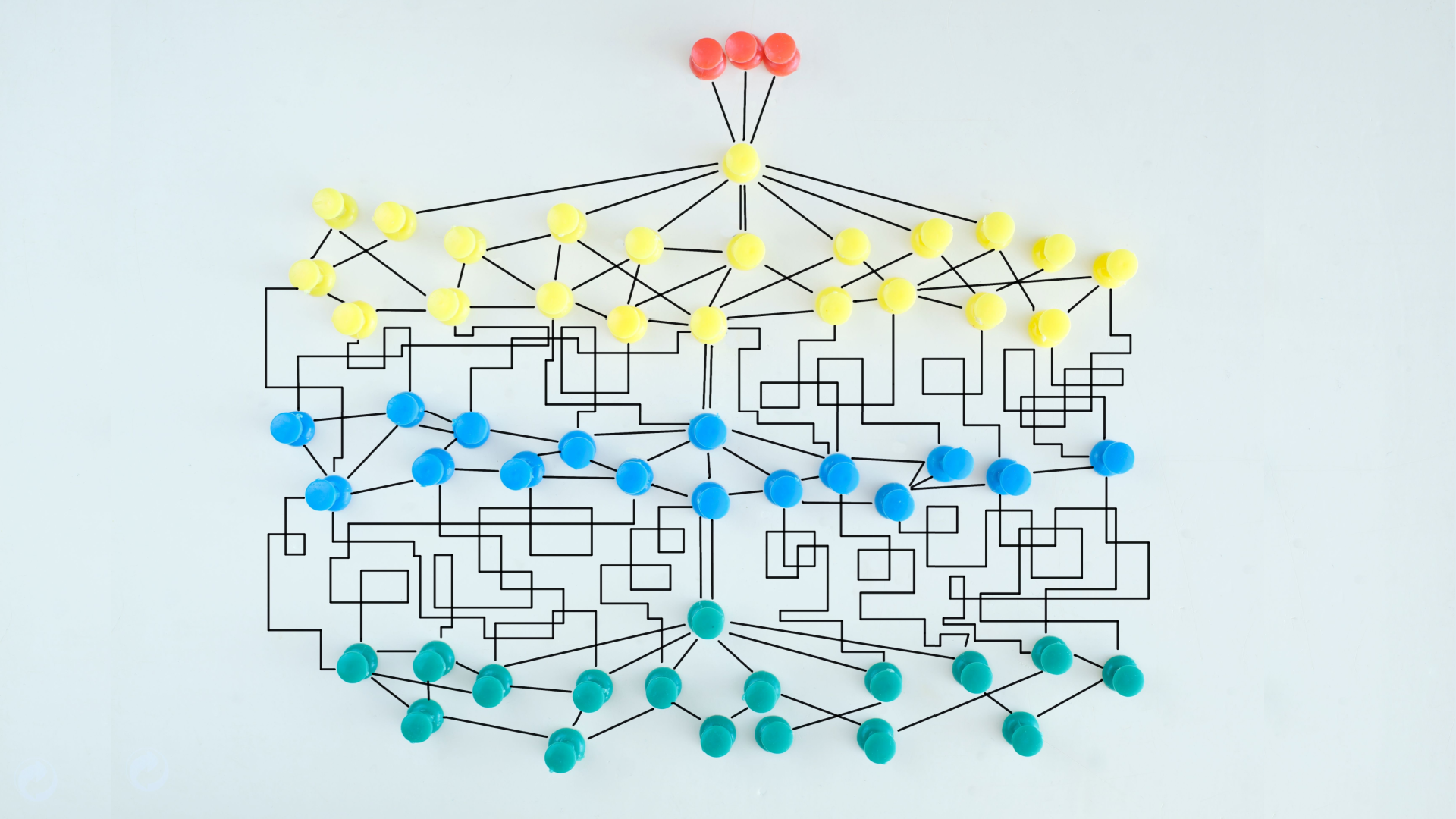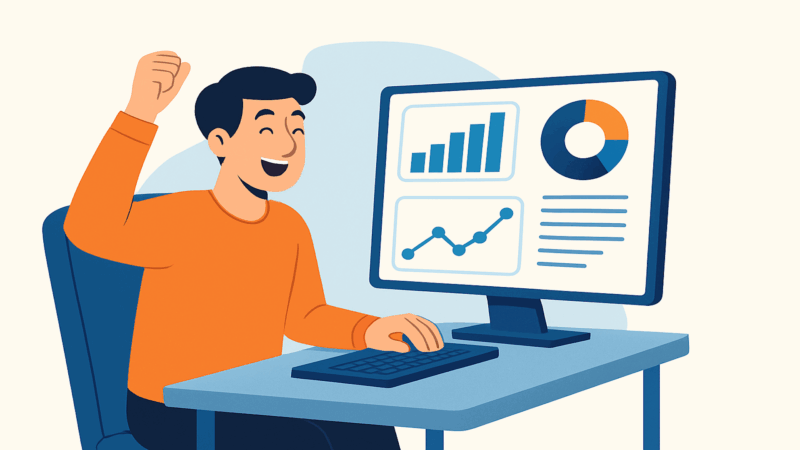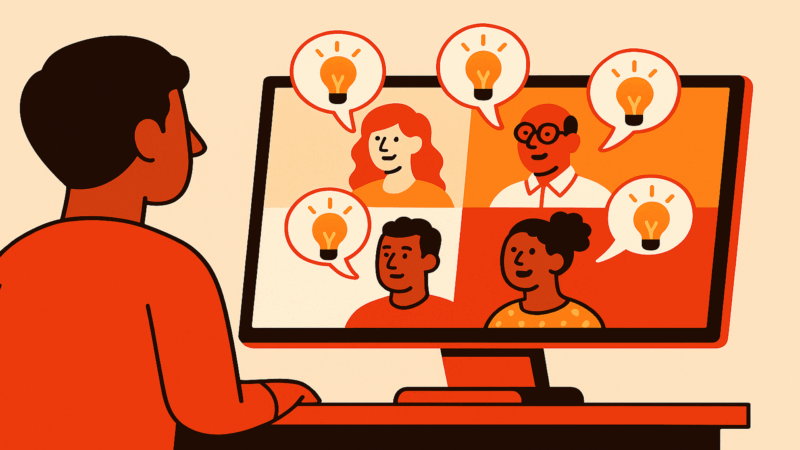fromComputerweekly
4 days agoClean up your data: A Computer Weekly Downtime Upload podcast
Computer Weekly met up with Glasneck during the UK and Ireland SAP User Group (UKISUG) conference in Birmingham at the start of December to discuss the role of strong data management in successful SAP S4/Hana projects. The company has grown through acquisition. This resulted in 50 or so ERP systems in operation, which were not truly integrated. Imperial Brands recognised it needed to bring all of these legacy ERP systems together into one single S4/Hana instance.
Business intelligence











